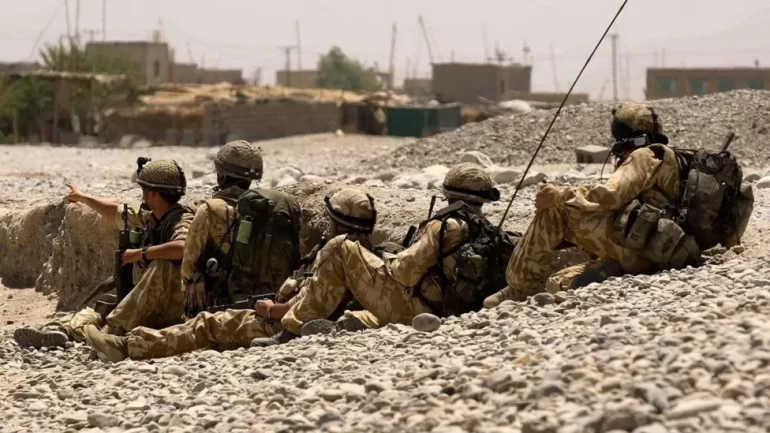The inquiry into alleged unlawful executions by British special forces in Afghanistan has gathered pace, with the inquiry chairman saying a “growing number” of people have come forward with significant information.
Lord Justice Haddon-Cave, who is leading the inquiry, said at a hearing at the Royal Courts of Justice on Tuesday that he was “grateful for expressions of support” for the inquiry from “a number of quarters”.
He said the inquiry was set to look at allegations that “numerous” killings were carried out, the alleged cover-up of illegal activity and inadequate investigations by the Royal Military Police (RMP).
The inquiry was launched in the wake of legal challenges to the British government by Leigh Day solicitors on behalf of the Saifullah and Noorzai families, as well as a number of significant media investigations.
The independent statutory inquiry was commissioned by the British Defence Secretary Ben Wallace.
Lord Justice Haddon-Cave said that a “growing number” of people had already come forward with significant information following the inquiry’s launch last month.
He said: “I would like to make one thing clear – my call for evidence is already yielding results. A growing number of individuals are already coming forward with significant information. They can be assured that their information will be treated with the utmost discretion by the inquiry team.
“I am confident that others will have the same courage and commitment to come forward as the inquiry gathers pace.”
Lead counsel Oliver Glasgow KC, told the hearing that he anticipated witness evidence would begin in October.
| Australian defence chief warns of further criminal charges over war crimes in Afghanistan
| The Taliban could give evidence inquiry into unlawful killings by British soldiers
In a press conference launching the probe, Lord Justice Haddon-Cave said many hearings would have to be held in private due to “reasons to do with national security” that are “highly sensitive”.
He said: “The inquiry will need to consider the full range of issues relating to the allegations, including the legal and operational context in which they arose, the actions of the individuals involved, and the adequacy of the investigations that have been carried out to date.”
The inquiry is expected to take several years to complete.
Australia is holding an inquiry of its own on the unlawful killings by its special forces in Afghanistan.




